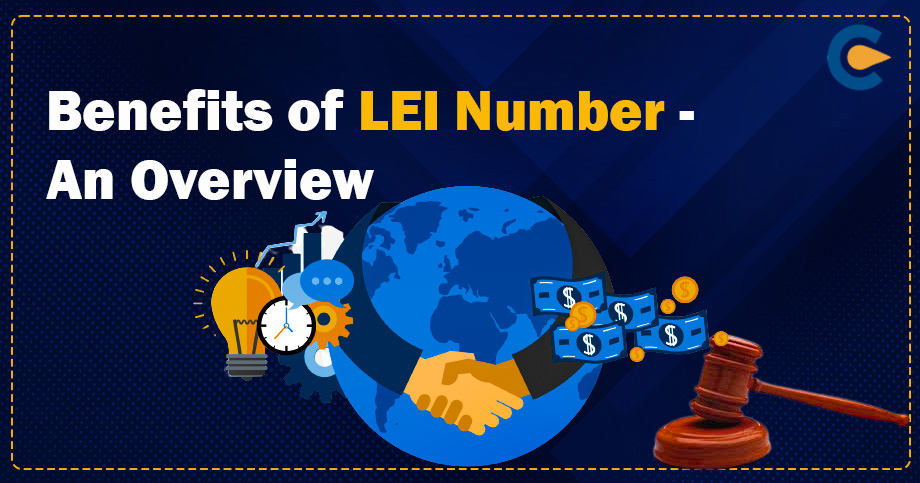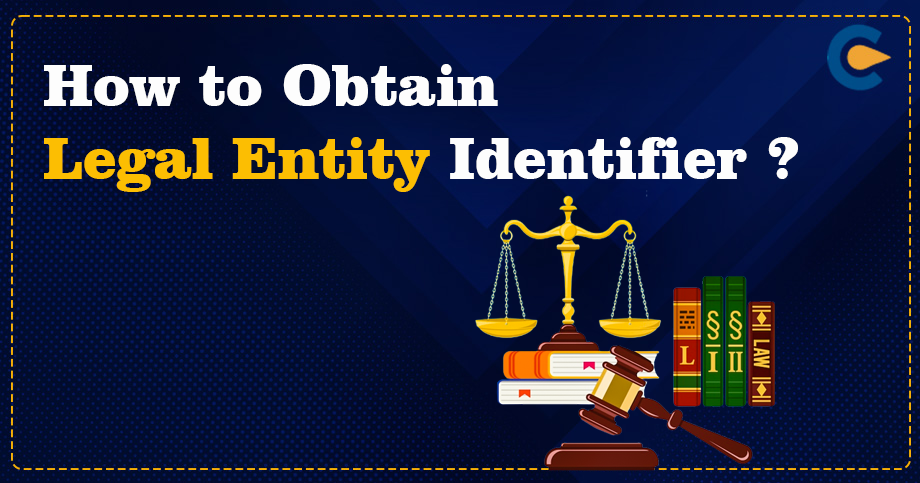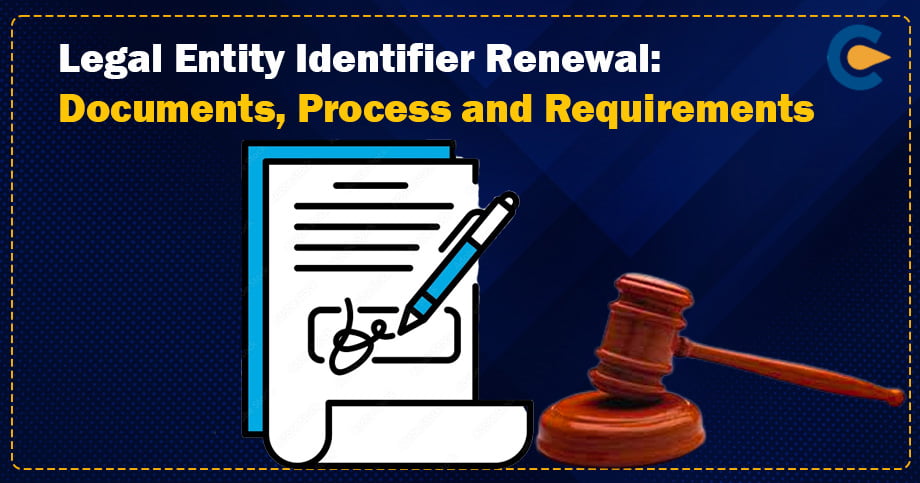The Legal Entity Identifier (LEI), a 20-character alpha-numeric code created by the International Organization for Standardization, is based on the ISO 17442 standard (ISO). The benefits of LEI Number is that it connects to crucial reference data, making it possible to clearly and specifically identify the legal entities taking part in financial transactions. Each LEI answers the questions “who is who” and “who owns whom” by providing details about an entity’s ownership structure. The publicly accessible LEI data pool can be considered a global directory, significantly increasing market transparency. In this write-up, we shall discuss the Benefits of LEI Number.
Purpose of the Legal Entity Identifier (LEI)
The Financial Stability Board (FSB)[1] has reaffirmed that adopting global LEIs supports “multiple financial stability objectives,” including better risk management in firms and a better understanding of micro- and macro-prudential risks. As a result, it protects against market abuse and financial fraud and promotes market integrity. The publicly accessible LEI data pool is a unique key to worldwide standardized data on legal entities. According to the protocols and procedures established by the Regulatory Oversight Committee, the data is registered and routinely verified.
The Global Legal Entity Identifier Foundation (GLEIF) continues to improve the accuracy, dependability, and usability of LEI data in collaboration with its partners in the Global LEI System, enabling market participants to gain access to the wealth of data made available by the LEI population.
Benefits of LEI Number
Benefits of LEI Numbers include that the factors like international recognition and trading credibility are immediately increased by having an LEI certificate or number. The necessary LEI data is instantly accessible to stakeholders such as potential investors, clients, and customers. The extra sense of security that comes from being aware of who a person is dealing with can also be advantageous. Other benefits of LEI Number are that by having an LEI number, it can be ensured that the business is compliant with the 184 international regulations which require the use of a Legal Entity Identifier around the world. Financial institutions currently becoming LEI Validation Agents to quickly and effectively issue LEIs to new clients can enjoy the Benefits of LEI Number and its ability to streamline onboarding.
In a process known as LEI to ISIN Mapping, if a company has an International Securities Identification Number (ISIN), benefits of LEI Number and ISIN codes can be enjoyed.
There are various benefits of LEI Number-
- It ensures that a company is a legitimately existing entity.
- It is compliant with LEI regulations on a global scale
- It acts as a passport for business travel abroad
- It provides improved financial institution onboarding time
- LEI Certificate is offered
- It provides enhanced financial market transparency
- It helps in securing brand identity
- It provides requirements for regulatory reporting
- It is possible to add LEI to digital certificates
Importance of Legal Entity Identifier
Every legal entity or structure party to a financial transaction in any jurisdiction is uniquely identified by the Legal Entity Identifier (LEI), a global reference number.
In addition to all intermediary institutions, banks, mutual funds, partnership companies, trusts, holdings, special purpose vehicles, asset management firms, and other institutions involved in financial transactions, LEIL will assign LEIs to any legal identity.
On receiving a request from a legal entity and following the proper data validation, an LEI will be assigned. For the company, LEI will:
- Act as identification for a financial entity.
- Assist in adhering to legal requirements.
- Make it easier to report transactions to trade repositories.
The Global Legal Entity Identifier Foundation (GLEIF)
The Global Legal Entity Identifier Foundation (GLEIF), set up by the Financial Stability Board in June 2014, is tasked with promoting the adoption and use of the Legal Entity Identifier (LEI). The LEI Regulatory Oversight Committee, which comprises public authorities from all over the world who have joined forces to advance transparency in international financial markets, supports and oversees the foundation. Switzerland’s Basel is home to the supranational not-for-profit organization GLEIF.
GLEIF services guarantee the Global LEI System’s operational integrity. The quality and quantity of the information in the LEI data pool are continuously improved by GLEIF, making the information more easily accessible to the general public.
International Organization for Standardization (ISO) 17442
The International Organization for Standardization or (ISO) 17442 standard defines the most crucial identification components as legal entity reference data or attributes. The Legal Entity Identifier (LEI) code is impartial; it does not contain any country codes or embedded intelligence that might add needless complexity for users.
The ISO 17442 standard outlines the minimal reference data that each LEI must include:
- The legal entity’s full name as per official registers
- The place where the legal entity is registered.
- The country of origin.
- The codes represent the names of nations and the divisions within them.
- The first LEI assignment date, the most recent LEI information update date, and the expiration date, if any.
Requirement of LEI Number
In the broadest sense, any legal entity whose operations involve financial transactions needs an LEI. Currently, about 100 regulations among the various jurisdictions request or require the use of LEI. For instance, just in the US and Europe, there are over 60 different acts.
The annual renewal and verification of the data, which ensures reliable, high-quality data, is one of the Legal Entity Identifier’s main advantages. Due to the high quality of this data, businesses can rely on it to lower counterparty risk and increase operational efficiency.
Therefore, the renewal of LEI is very important. If a Legal Entity Identifier (LEI) is not renewed promptly, it will expire. If the LEI status has passed in the GLEIF database, it can affect the corporate branding and might make it more difficult for a business to complete a transaction or report successfully.
Conclusion
In earlier times, if there were situations where a counterparty lacked a digital presence, it was challenging to learn more about them, which became a problem during the recent global financial crisis. Financial institutions were exposed due to the lack of transparency because a sizable number of entities and funds were obscure and detailed in risk assessment and transparency. For this to never happen again, the G20 introduced the LEI system in 2011. The goal was to develop a searchable, accurate, and current digital database of all legal entities—a centralized information source with a massive quantity of accessible, high-quality data.
Read our Article:How to Obtain Legal Entity Identifier?











